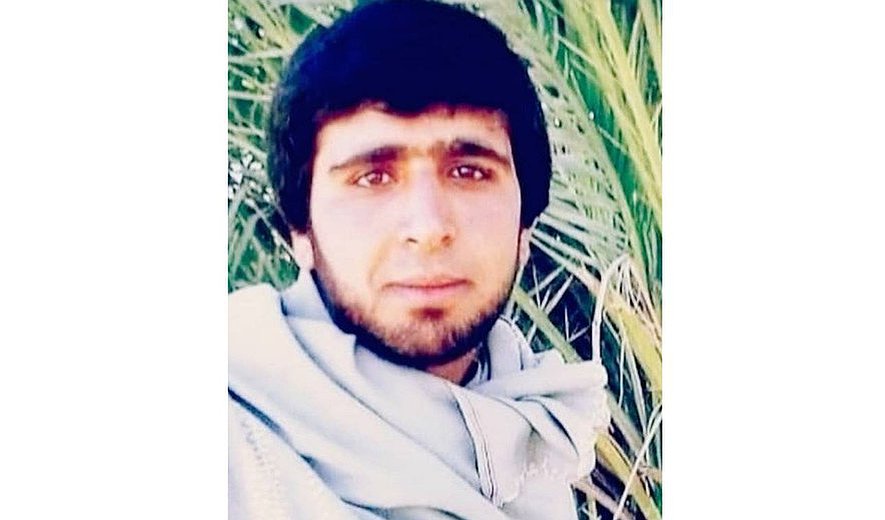2 Men Including Baluch with Acute Mental Condition Executed

Iran Human Rights (IHRNGO); April 29, 2024: Hojat Shamskhani and Rashed Baluchi were executed for drug-related and murder charges in Bandarabbas Central Prison. Rashed Baluchi was executed despite lacking criminal responsibility due to acute mental condition.
According to information obtained by Iran Human Rights, two men including a Baluch minority were executed in Bandarabbas Central Prison on 28 April. Their idnetities have been established as Rashed Baluchi (photo), a 35-year-old Baluch man from Saravan and 35-year-old Hojat Shamskhani. Rashed was sentenced to qisas(retribution-in-kind) for murder and Hojat was sentenced to death for drug-related charges by the Revolutionary Court.
An informed source told Iran Human Rights: “Rashed Baluchi was arrested for murder around six years ago and Hojat Shamskhani was arrested for drug charges around three years ago.”
According to Haalvsh which first reported news of Rashed’s execution: “Rashed got into an argument with a retired IRGC member who worked as a taxi driver on Kish island. Rashed committed murder after he had insulted him and got into a fight. This is while he had a red card for his mental status and had no prior motive for the murder. However, the court ignored his medical history and sentenced him to death.”
A red card is a certificate issued to those who are deemed mentally unfit to serve their mandatory military service in Iran.
Article 149 of Chapter Two of the Islamic Penal Code (2013) which relates to the lack of criminal responsibility states: “If the perpetrator has a mental disorder at the time of committing the crime that they lack willpower or judgement, they are considered insane and are not criminally responsible.”
While obtaining document evidence of medical diagnosis are difficult due to a lack of transparency, Iran Human Rights has reported many cases of people suffering from mental disorders being executed throughout the years.
In carrying out such executions, the Islamic Republic of Iran is breaching both its own laws and its international obligations. A resolution adopted by the Office of the United Nations High Commissioner for Human Rights urged States “not to impose the death penalty on a person suffering from any form of mental disorder or to execute any such person.”
Those charged with the umbrella term of “intentional murder” are sentenced to qisas (retribution-in-kind) regardless of intent or circumstances due to a lack of grading in law. Once a defendant has been convicted, the victim’s family are required to choose between death as retribution, diya (blood money) or forgiveness.

